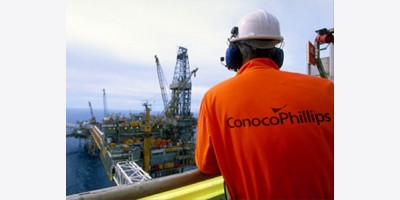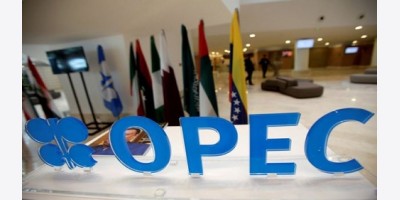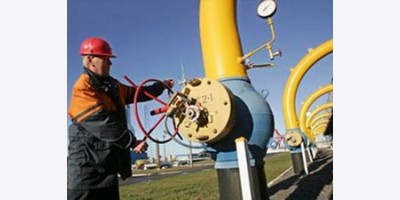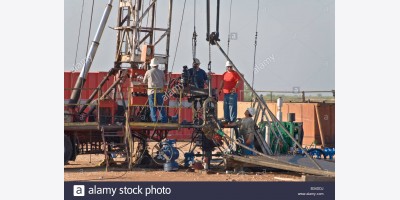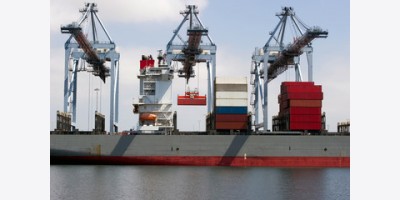by Mikael Holter
No one can accuse the Norwegian government of being greedy when it last week decided on the ownership stakes in the giant Johan Sverdrup oil discovery.
After months of deliberation, the Petroleum and Energy Ministry’s decision meant it took away as much as 15 million barrels of oil from Petoro AS, the state-owned oil company. The other loser was Det Norske Oljeselskap ASA, which forced the government to arbiter after disagreeing with the field’s other partners. They include Statoil ASA, Lundin Petroleum AB and A.P. Moeller-Maersk A/S.
The move to cut Det Norske’s stake, and in the process its own, was surprising since it could have approved the initial deal, said Kjetil Bakken, an analyst at Carnegie ASA.
The stakes are high and the government only reluctantly stepped in to settle the conflict. Sverdrup is Norway’s biggest offshore discovery in decades, holding 1.7 billion to 3 billion barrels of oil. The ownership question is complicated since the field stretches over several licenses. Det Norske argued the compromise accepted by the other owners didn’t sufficiently take into account that the oil on its side is cheaper to produce.
Thursday’s decision means Det Norske and Petoro, which own stakes in the same license, get 0.32 percentage point and 0.48 percentage point less than in a deal that Petoro accepted and Det Norske refused in February, when the companies submitted a plan for the project to the government.
“Given that they had a proposal that everyone was sufficiently satisfied with, except for Det Norske, it’s actually strange” the government didn’t stick to it, said Teodor Nilsen, an analyst at Swedbank AB. “You’d think it would be a less painful process to just accept that everyone’s relatively satisfied.”
Norway’s Petroleum Minister Tord Lien and the head of the oil and gas department, Lars Erik Aamot, who signed the decision, weren’t available for a comment Friday, spokesman Harald Eikenaes Vengen said in an e-mail.
In its decision, the ministry said it had based its conclusions on the distribution of oil volumes across the field, as well as factors such as diverging recovery-rate and well-cost expectations. The ministry didn’t say explicitly why it didn’t uphold the compromise proposal made by operator Statoil and accepted by four of the owners.
Statoil’s share was maintained at 40.0267 percent while Lundin saw its share rise to 22.6 percent from 22.12 percent. Maersk’s stake rose to 8.44 percent from 8.12 percent.
“We’re disappointed,” Sveinung Sletten, a spokesman at Petoro said by phone Friday. But, he said, the owners can redetermine the stakes at a later date.










